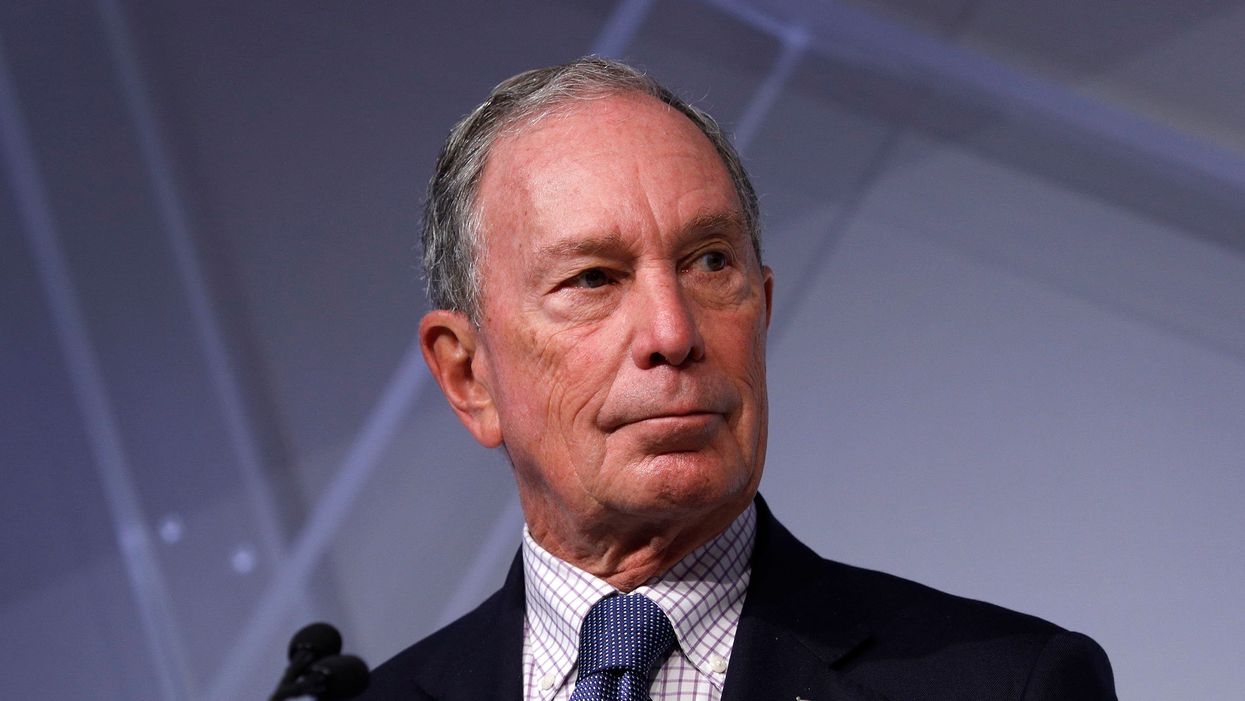
Bill Pugliano/Getty Images

'No way an independent can win'
Former New York City Mayor Michael Bloomberg has warned former Starbucks CEO Howard Schultz not to run for president as an independent candidate. He said that "the data was very clear" that "there is no way an independent can win."
On Sunday, Schultz announced on CBS' "60 Minutes" that he was considering running for president in 2020 as a "centrist independent."
On Monday, Bloomberg warned Shultz in a letter to reconsider.
"I've never been a partisan guy," Bloomberg said, two paragraphs after saying that he spent $100 million to elect Democrats to the House in 2018, "and it's no secret that I looked at an independent bid in the past. In fact, I faced exactly the same decision now facing others who are considering it."
Bloomberg cautioned:
The data was very clear and very consistent. Given the strong pull of partisanship and the realities of the electoral college system, there is no way an independent can win. That is truer today than ever before.
In 2020, the great likelihood is that an independent would just split the anti-Trump vote and end up re-electing the President. That's a risk I refused to run in 2016 and we can't afford to run it now.
We must remain united, and we must not allow any candidate to divide or fracture us. The stakes couldn't be higher.
While a third-party candidate could pull off an upset and win the presidency at some point, Bloomberg is right that American elections have generally proven to not be kind to third-party presidential bids.
Political parties have changed over the years, from the Federalist Party of John Adams to Thomas Jefferson's Democratic Republicans to Whigs like Millard Fillmore and later to the Democratic Party of Andrew Jackson and Martin Van Buren and the Republican Party of Abraham Lincoln. Throughout all of this, however, one thing has been nearly constant: So far only two of these parties have managed to be successful nationally at any one time.
Third-party candidates sometimes managed to have good showings, but so far have ultimately failed to win any general elections. In 1992, businessman Ross Perot managed to snag 18.9 percent of the popular vote.
On more than one occasion, these parties have been credited with throwing the election to the party that least agreed with them. In 1912, Teddy Roosevelt's Bull Moose Party snagged 25 percent of the vote, all but assuring the victory of Democrat Woodrow Wilson.